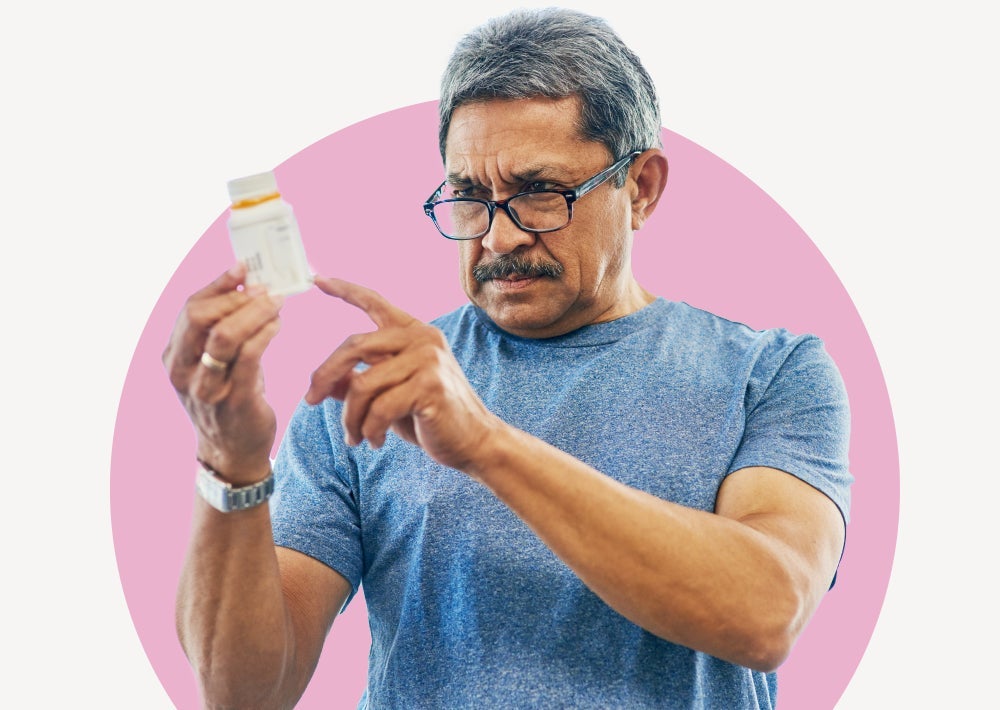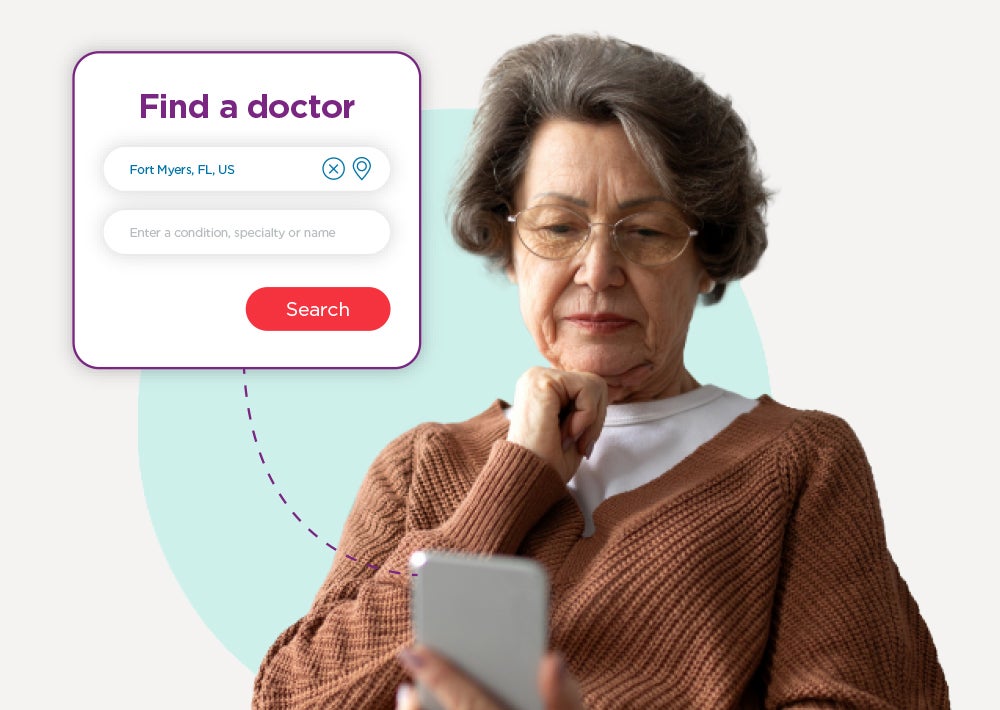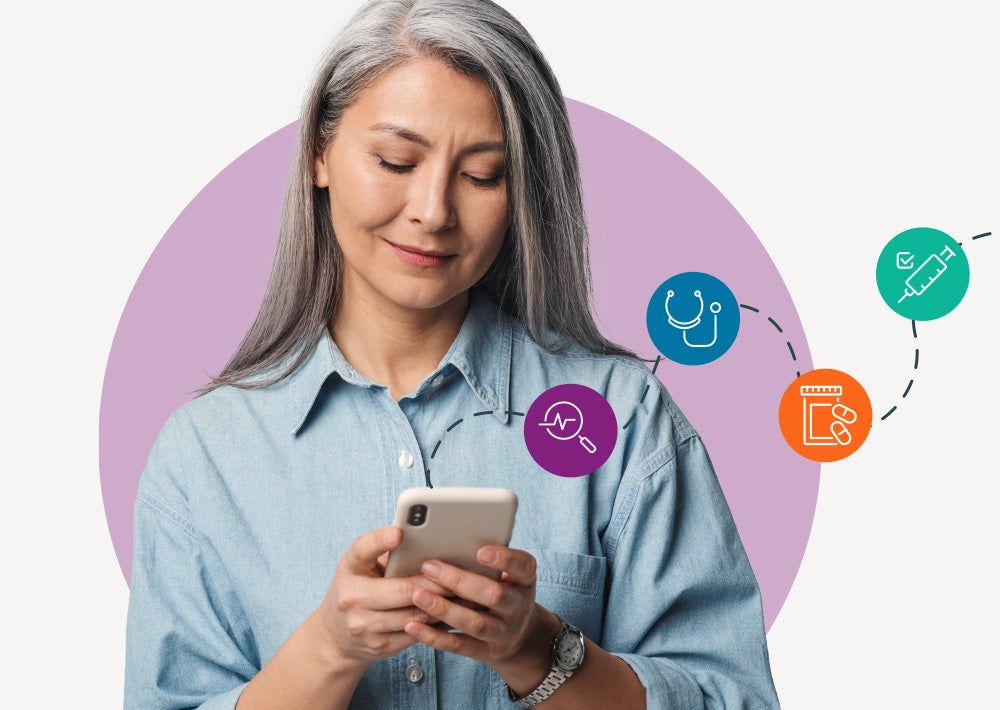
Phreesia Life Sciences surveyed more than 4,300 patients checking in for their doctors’ appointments to better understand their perceptions and preferences around clinical trials. View the key data insights in this infographic.
There are many challenges to successfully planning, launching and running clinical trials. One of the biggest obstacles is quickly and efficiently connecting patients to the most relevant trial resources.
Despite their interest in learning about and participating in clinical trials, many patients don’t know where to get information, according to a recent Phreesia survey taken by more than 4,300 patients as they checked in for their doctors’ appointments. Delivering relevant clinical trials materials to patients through the channels they trust and frequent—including digital check-in platforms at the point of care—can help.
Most patients don’t know much about clinical trials…
- 80% of surveyed patients said they were not very familiar with clinical trials
- 27% of surveyed patients said they had never heard about clinical trials
…signaling a strong opportunity to ramp up awareness and deliver relevant resources highlighting the benefits of clinical trials, as many patients want to know more…
Patient attitudes toward clinical trials:
- 68% are interested in learning more about clinical trials
- 63% view themselves as likely to apply for participation in a relevant clinical trial
- 53% see themselves as curious or hopeful about clinical trials
Patients trust digital check-in more than any other media platform for clinical-trial information…
How much do you trust the following sources for information on clinical trials?
- 24%—Digital check-in platform at my doctor’s office
- 13%—Medical/health websites
- 10%—Printed materials outside of doctor’s office
- 10%—Pharmaceutical websites
- 5%—Social media (e.g., Twitter, Facebook)
- 5%—Radio
…and among other clinical-trial information sources, patients’ trust in digital-intake platforms only trails behind their trust in clinicians and pharmacies…
How much do you trust the following sources for information on clinical trials?
- 46%—My doctor
- 34%—Nursing staff
- 26%—My pharmacy or pharmacist
- 24%—Digital check-in platform at my doctor’s office
- 21%—Other doctor’s office staff
- 18%—Family and friends
Patient trust in digital intake does not vary by age, as surveyed adults reported similar levels of trust in digital intake platforms as a source for clinical trial information.
How much do you trust digital intake for information on clinical trials?
- 26% — Ages 18 to 24
- 25% — Ages 25 to 34
- 23% — Ages 35 to 44
- 23% — Ages 45 to 54
- 25% — Ages 55 to 64
- 24% — Age 65 and above
Patients who said they were interested in receiving information about clinical trials expressed more trust in digital-intake platforms as an information source compared with the total survey population.
How much do you trust digital intake for information on clinical trials?
- 35%—Interested in receiving trial information and likely to provide email
- 24%—Total population
In summary…
Patients, many of whom want to learn more about and participate in clinical trials, trust information that they receive at the point of care more than they trust information through other common promotional channels, such as healthcare websites or print materials outside of their doctor’s office.
Patients’ solid trust in the point of care positions digital check-in as a great tool for advancing clinical trial education, planning and patient recruitment. Engaging patients while they’re in a healthcare state of mind and providing them with tailored trial information relevant to their personal medical needs can encourage them to share their health experiences with study planners, participate in more clinical-trial opportunities and take an active role in their treatment journey.
Find out how Phreesia Life Sciences’ full-service market-research solution can help your organization generate insights quickly to inform trial planning and execution.



